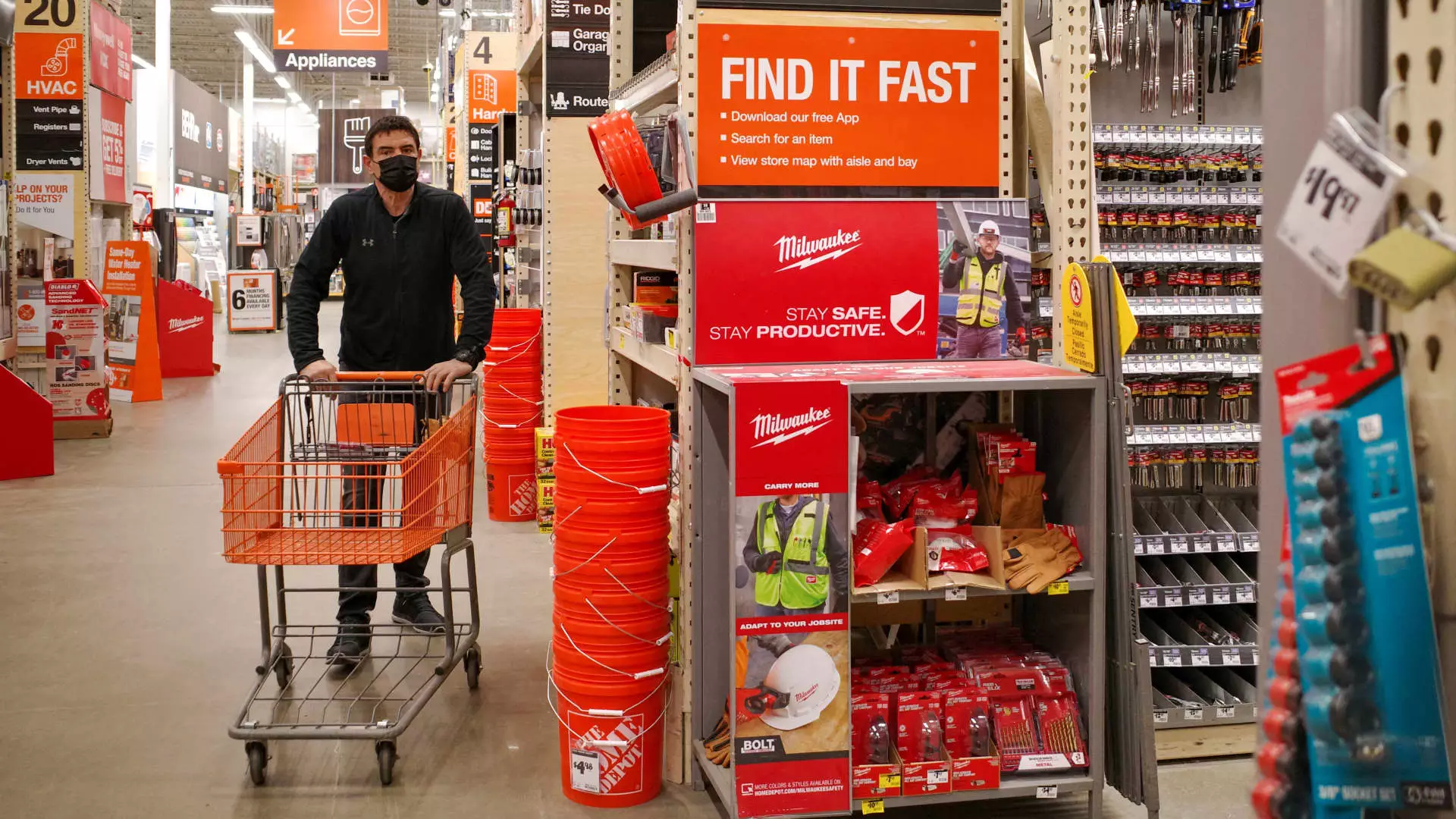As the U.S. government implements sweeping tariffs, many consumers are beginning to feel the weight of rising prices. There is growing apprehension among Americans regarding the potential escalation in costs for everyday goods, leading to behavioral shifts in spending. This phenomenon is characterized by what some are defining as “doom spending,” where nearly 19% of adults confess to making impulsive purchases as a reaction to fears related to economic stability and the future. This alarming trend, as outlined in a recent CreditCards.com report, highlights the psychological impact economic policies can have on consumer mindset and spending patterns.
The imposition of tariffs, such as proposed 25% taxes on imports from Canada and Mexico, has invoked a sense of urgency among consumers, pushing them to make immediate purchases in anticipation of inflated prices. According to personal finance expert John Egan’s analysis, it is still too early to evaluate the full implications of these tariffs on consumer spending. Nevertheless, the evidence suggests that many individuals are reconsidering their buying habits, particularly concerning significant purchases like home appliances and renovation materials.
The response has manifested in notable trends; for instance, 28% of Americans have made substantial purchases, while 22% have begun stockpiling essential supplies. Basic necessities, including non-perishable food and hygiene products, have seen increased demand as consumers brace for uncertainty. This behavior reflects a blend of proactive planning and apprehensive spending triggered by looming economic changes.
However, while some consumers engage in preemptive spending, others may inadvertently escalate their financial burdens. A concerning statistic indicates that 34% of credit card users are accumulating more debt this year, a trend that poses significant risks to long-term financial health. As personal finance experts warn, the phenomenon of doom spending can lead to unplanned overspending, which may strain household budgets and exacerbate debt levels. With credit card debt already surpassing $1.21 trillion, there’s an urgent need for consumers to reassess their financial priorities.
Despite the anxiety tied to economic fluctuations, experts emphasize that individuals can take control of their financial circumstances. Matt Schulz, chief credit analyst at LendingTree, advocates for proactive measures such as reducing high-interest debts and building an emergency fund. By focusing on these practical steps, consumers can position themselves to withstand economic turbulence without falling prey to fear-induced spending habits.
The introduction of tariffs has created an environment ripe for impulsive spending driven by anxiety over future financial stability. While some consumers rush to make purchases, it is crucial for others to think critically about their financial strategies. Instead of yielding to panic buying, individuals should aim for greater fiscal responsibility and preparedness, ensuring they maintain control over their financial landscape amid uncertainty.

